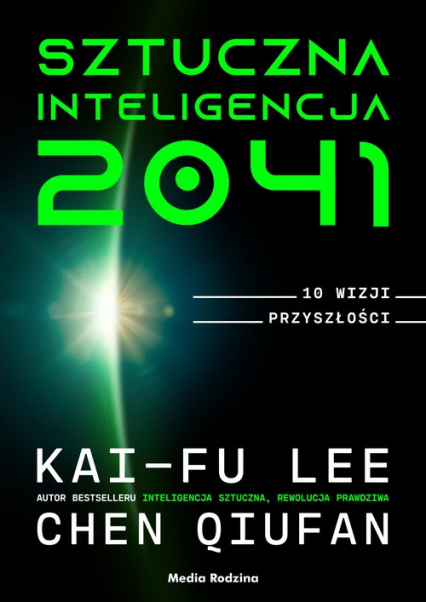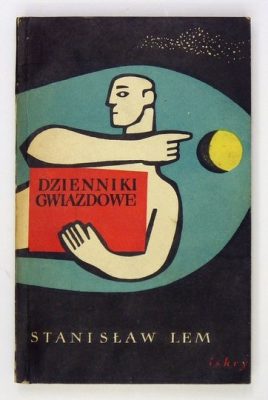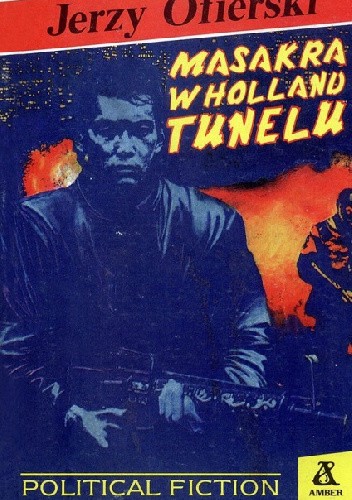What are you reading right now?
-
@TravellinBob said in What are you reading right now?:
AI 2041
Kai-Fu Lee, Chen Qiufan – „AI 2041: Ten Visions for Our Future”
tłum.: Piotr Budkiewicz – „Sztuczna inteligencja 2041: 10 wizji przyszłości”

-
@Ryszard Yep, that's the one. Good read so far.
-
Jerzy Siewierski – „Nalewka na wilczych jagodach”

-
Jarosław Molenda – „Rośliny, które udomowiły człowieka”

-
Artur Andrus, Wojciech Zimiński – „A koń w galopie nie śpiewa”

-
Stanisław Lem – „Dzienniki gwiazdowe”

-
Marcin Ciszewski – „Mgła”

-
I'm working my way through reading all of Jules Verne's books.
-
@mathieulefrancois said in What are you reading right now?:
I'm working my way through reading all of Jules Verne's books.
That's how you write, as if you have to read these books. Instead of cheerfully giving details of the books you have read. E.g.:
Jules Verne – „L'île mystérieuse”
tłum.: J. Pł. – „Tajemnicza wyspa”

-
Arkadian Skies by Lindsay Buroker
book 6 of the fallen empire series. working my way through her series
-
-
@iqaluit
Reading this. Right. And not just that - https://forum.vivaldi.net/search?term=Peter Wohlleben&in=titlesposts -
Jerzy Ofierski – „Masakra w Holland Tunelu”

-
@Ryszard Wow! That's..
Wow! -
The Sisters Brothers

-
@iqaluit said in What are you reading right now?:
The Sisters Brothers
Patrick deWitt – „The Sisters Brothers”
tłum.: Paweł Schreiber – „Bracia Sisters”

-
Tomasz Duszyński – „Moje wielkie greckie morderstwo”

-
Wandering - Hermann Hesse





-
Just finished Richard Branson's memoir "Losing my Virginity" and thoroughly enjoyed it - brought back a lot of personal memories.
Now back to fiction: "The Possessed" by Witold Gombrowicz. Good so far (but only 40 or so pages in.
-
@TravellinBob said in What are you reading right now?:
"The Possessed" by Witold Gombrowicz
Witold Gombrowicz – „Opętani”

